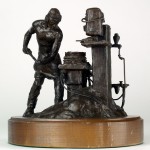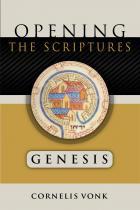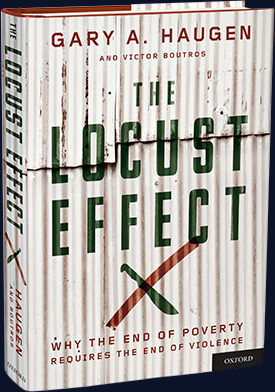“Unsettling new conviction: I can’t keep disparaging ‘the American dream’ WHILE LIVING IT.” @james_ka_smith, tweeted on 08/5/13
The concept of the American Dream can cause a fair amount of tension within the church. James K. A. Smith’s provocative tweet, linked to his recent article in the Cardus Daily, sparked yet another conversation that highlights this tension. He wrote, “If the ‘American dream’ is anything it is a dream of upward mobility: the dream of getting ahead, climbing the ladder, leapfrogging from one class to another in a ‘land of opportunity’—all if you’re willing to work for it. … The God who cares about the poor must also be a God who celebrates economic flourishing and stability as features of shalom.”
What is the American Dream? The first reference appears in a 1931 book called “The Epic of America,” by James Truslow Adams: “The American Dream is that dream of a land in which life should be better and richer and fuller for everyone, with opportunity for each according to ability or achievement. It is a difficult dream for the European upper classes to interpret adequately, and too many of us ourselves have grown weary and mistrustful of it. It is not a dream of motor cars and high wages merely, but a dream of social order in which each man and each woman shall be able to attain to the fullest stature of which they are innately capable, and be recognized by others for what they are, regardless of the fortuitous circumstances of birth or position.”
Yet some have gone as far as to make the American Dream a concept against which the church ought to be opposed. For them, the American Dream represents material greed, self -promotion, naïve nationalistic fervor, independence from God, and ultimately, idolatry.
The concern that this dream can be misused is not invalid. Even Smith acknowledges that “this dream easily slides towards idolatry,” and yes, it is often true that a good thing can become an object of worship if not enjoyed in moderation. For many affluent and educated Americans, including some Christians, the American Dream is a materialistic desire for not only a job, a family, and a house with a white picket fence, but also a beach house, two SUVS, exotic vacations, big-screen TVs, the latest fashions, $5 lattes, etc. It is easy to see why other Christians oppose this perversion of the American Dream, which simply promotes the acquisition of treasures on earth, and of social privilege, solely for self-glorification. But many of those who still long for the best of the American Dream are the marginal, the poor, the working class – those for whom education, steady work, and home ownership are life-long goals.
In “Letters from a Birmingham Jail,” Dr. Martin Luther King Jr. said, “when these disinherited children of God sat down at lunch counters they were in reality standing up for what is best in the American dream…” By God’s grace, many Americans have pursued the American Dream without making it an object of worship. Their character has been shaped by the values inherent to pursuing it: industriousness, persistence, thrift, sacrifice, deferred gratification, and service to others. Their prosperity has resulted in entire communities rejoicing. I am not arguing for a civil religion or an American Christendom. Clearly there are complexities that arise when one declares “Jesus is Lord” while remaining a part of a temporal society. But our citizenship in heaven does not remove us from our citizenship in America.
Despite our flaws, it has always been unique to the American project that we desire to be a civilization that allows for social mobility, rewards ingenuity and hard work, and values the freedom to be self-sufficient. As with all virtues, our strengths are also our weaknesses when unrestrained. Americans are prone to over-work, thus the importance of the Sabbath. We also tend to value freedom for freedom’s sake and deny our need for God, thus the importance of the gathered church’s call to worship. These are not uniquely American issues; the “Spanish Dream,” the “Russian Dream,” or the “Japanese Dream” may manifest themselves differently, and Spanish, Russian, and Japanese Christians struggle with their cultural contexts as Americans do here.
As an evangelical and an American, I dream of a society that creates opportunities for the poor to rise up, to work hard, to become educated, and to become stewards of family relationships, homes, and communities, hoping for a brighter future for the generations that follow. Idealistic as it seems, and despite the potential pitfalls of materialism and selfishness, we can affirm what is good about this dream. It’s true that a good dream can become an ultimate dream, leading us into idolatry and pride. Yet part of the American Dream –one which we can celebrate – is the desire for a social, political and economic environment in which people are free to more fully express God’s image through their creative and productive work. By doing so, they provide for their families, communities, and the next generation. They contribute to the economic flourishing and stability that Smith refers to as features of shalom.
Dreaming of a society in which everyone has the opportunity to work, create, and flourish as God intended – sounds like a few echoes of the Kingdom to me.
Adapted from the Kern Pastors Network. Image: “Joltin’ Joe,” Landon Lamb. Courtesy of the Grohmann Museum.












